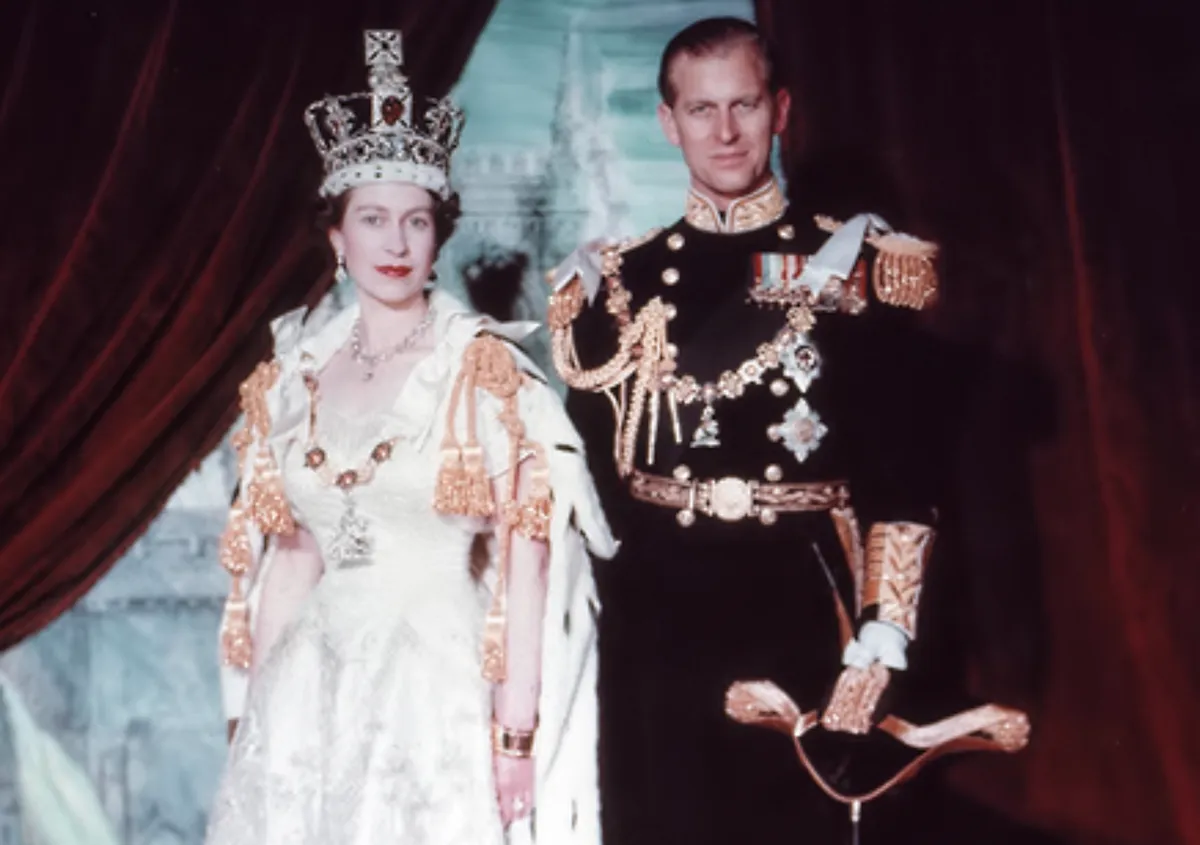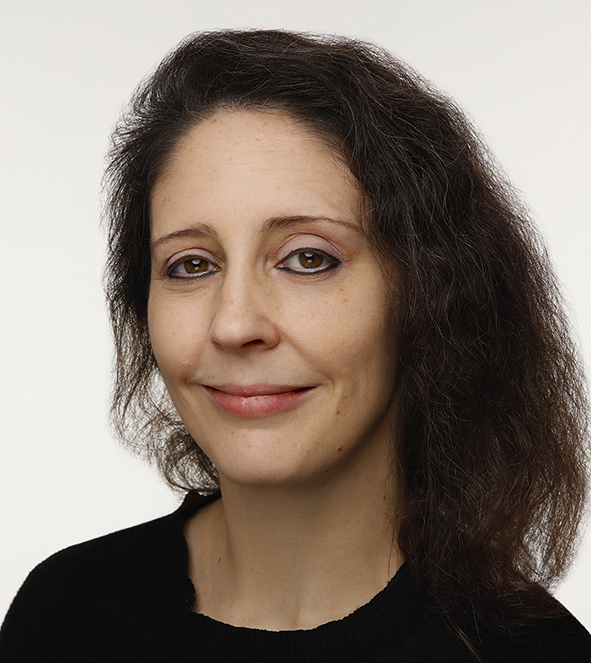When did Prince Charles become King Charles?
Prince Charles had been heir apparent to the throne of Great Britain since he was three years old. Under the common law rule Rex nunquam moritur (‘The king never dies’), Prince Charles became King as soon as his mother, Queen Elizabeth II, died on 8 September 2022.
The Accession Council proclaimed him as King, but it is not necessary for the monarch to be crowned in order to become King or Queen. Parliament was then recalled so parliamentarians could take their oaths of allegiance to the new sovereign.
- Royal Weddings: The best classical music choices
- Music for Royal Funerals: what music was played at Prince Philip's funeral?
- Who is the current Master of the Queen’s Music and what is their role?
- The Queen's Funeral: what music is likely to be played at the funeral of Queen Elizabeth II?
- What has the Queen done for classical music?
When did the coronation take place?
Charles’s official coronation took place on the 6 May, after a period of mourning. Queen Elizabeth II's coronation took place on 2 June 1953, over a year after her accession on 6 February 1952.

Queen Elizabeth II and Prince Philip, Duke of Edinburgh, following The Queen's coronation in 1953
Was there a coronation procession?
Yes! Before the service the King and The Queen Consort arrives at Westminster Abbey in a procession from Buckingham Palace to the Abbey, via The Mall, Admiralty Arch, the south side of Trafalgar Square, Whitehall, Parliament Street and Parliament Square. This is is known as ‘The King’s Procession’.
After the Service, Their Majesties returned to Buckingham Palace, the way they came, in a larger ceremonial procession, known as ‘The Coronation Procession’. In this procession they were accompanied by nearly 4,000 military personnel, making it one of the largest military processions in a generation.
Military bands from all the armed forces accompanied both processions
Was the Gold State Coach used?
The Gold State Coach wasonly be used on the return journey. It was last seen during the Pageant of the Platinum Jubilee of Queen Elizabeth II in June 2022
What was the format of the coronation?
Unlike the recent royal weddings of Princes William and Harry, which were semi-state and private occasions respectively, Charles’s coronation will be a full state occasion and thus funded by the UK government.
The coronation will take the form of an Anglican service held in Westminster Abbey, as has been the case for the last 900 years, but it is likely that space will be made for other religions and Christian denominations to reflect a more modern sensibility.
What time didthe Coronation service start?
The coronation service will start at 11am
How long was the coronation service?
Queen Elizabeth II's coronation service was three hours long, however it is thought King Charles's will be shorter, probably about two hours.
What happens in a coronation service?
The Coronation is a solemn religious service, as well as an occasion for celebration and pageantry. It will be filled with music, prayer and vows.
It is thought Charles's coronation will follow the pattern of his late mother's coronation service, which had six parts;
- The recognition
- The oath
- The anointing
- The investiture, which includes the crowning
- The enthronement
- The homage.
Who conductedthe coronation service?
The Coronation Service will be conducted by the Archbishop of Canterbury
What music featured in Charles’s coronation?
On the programme was twelve newly-commissioned pieces of coronation music, showcasing composers from across the UK and the commonwealth.
These included a new Coronation Anthem 'Make a Joyful Noise', inspired by Psalm 98, by Andrew Lloyd Webber, a Coronation March by Patrick Doyle, a new work for solo organ embracing musical themes from countries across the Commonwealth by Iain Farrington, along with new works by Sarah Class, Nigel Hess, Paul Mealor, Tarik O'Regan, Roxanna Panufnik, Shirley J. Thompson, Judith Weir, Roderick Williams and Debbie Wiseman. In total there will be six pieces for orchestra, five choral works and one instrumental work.
Elsewhere there was music by Hubert Parry, Edward Elgar, William Byrd, Henry Walford Davies and George Handel, as well as Greek orthodox music in memory of the King's father, Prince Philip.
There were all the traditional coronation anthems as well, including 'I Was Glad' - which opens the proceedings - the majestic 'Zadok The Priest’, ‘The King shall rejoice in thy strength’ , Veni Creator Spiritus and ‘O Lord, grant the king a long life’
You can find the full order of service for the coronation here
Who performed at the coronation service?
Among the soloists was the baritone Roderick Williams, soprano Pretty Yende and Welsh bass-baritone Bryn Terfel. The organ was played by Westminster Abbey's Sub-Organist Peter Holder and Assistant Organist Matthew Jorysz. The Royal Harpist Alis Huws performed as part of the Coronation Orchestra in recognition of the King's long-standing relationship with Wales. Part of the service was also be sung in Welsh.
Other performers included The Choir of Westminster Abbey and The Choir of His Majesty's Chapel Royal, St James's Palace, together with girl choristers from the Chapel Choir of Methodist College, Belfast and from Truro Cathedral Choir.
The Ascension Choir, a handpicked gospel choir, performed as part of the Service and The King's Scholars of Westminster School will proclaim the traditional 'Vivat' acclamations. Sir Antonio Pappano will conduct the Coronation Orchestra and Sir John Eliot Gardiner will conduct The Monteverdi Choir and English Baroque soloists in a pre-Service programme of choral music.
A small group of singers from The Monteverdi Choir also joined the main choral forces for the Service and all arrangements will be overseen by Andrew Nethsingha, Westminster Abbey Organist and Master of the Choristers.
What hymns featured during the coronation service?
The coronation features the two hymns 'Christ is Made the Sure Foundation' and 'Praise my soul the king of heaven' as well as other choral pieces and movements of the traditional Mass, including 'Te Deum', 'Gloria in Excelsis Deo', ‘Sanctus’, 'Kyrie eleison' and 'Agnus Dei'
Who played the organ at the coronation?
Westminster Abbey's magnificent Harrison & Harrison organ was played by Peter Holder
Was there fanfares at the coronation?
Fanfares proclaiming the new king were played on herald trumpets by The State Trumpeters of the Household Cavalry and The Fanfare Trumpeters of the Royal Air Force.
The Wiener Philharmoniker Fanfare by Richard Strauss was played after the crowning before the bells ring out.
A series of fanfares marking ceremonial moments in the Service were specially written for the occasion by Christopher Robinson, and were performed by the Fanfare Trumpeters of the Royal Air Force, conducted by Wing Commander Piers Morrell.
Will there be a gun salute at the coronation?
The moment the king is crowned there will be gun salutes across all four corners of the United Kingdom including Edinburgh, Cardiff, Belfast and of course London.
Across 13 locations and deployed Royal Navy ships, 21 rounds will fire, while The Tower of London and Horse Guards Parade will fire a 62 round salute and a six-gun salve.
Church bells will also ring out across the country, led by the bellringers of Westminster Abbey who will ring a two minute peal once he has been crowned.
Will there be a flypast?
Yes, of course there will be a flypast! A royal state occasion would not be complete without a flypast! On the May 6, after the coronation service and procession there will be a six-minute flypast through the skies of London, watched on by members of the Royal Family on the balcony of Buckingham Palace.
The flypast will feature aircraft from all three services and all the classics you expect - including the Red Arrows and Spitfires - as well as helicopters, aircraft used to deliver humanitarian aid and a few brand new aircraft. A real celebration of British air power - and its personnel - past and present.
Who were the previous two King Charles, King Charles I and King Charles II?
King Charles I and II were both Stuart monarchs, descended from Scotland's Royal Family. Charles I was the son of James VI of Scotland and I of England, and is infamous as the only British monarch to lose his head - courtesy of the Civil War. Charles I reigned from 1625–1649, when he died and the country became a republic under Cromwell's rule.
Charles II was his eldest son and became king when the monarchy was restored in 1660. He reigned from 1660-1685 and died of natural causes - as far as we know!
Prince Charles photo: Dan Marsh
